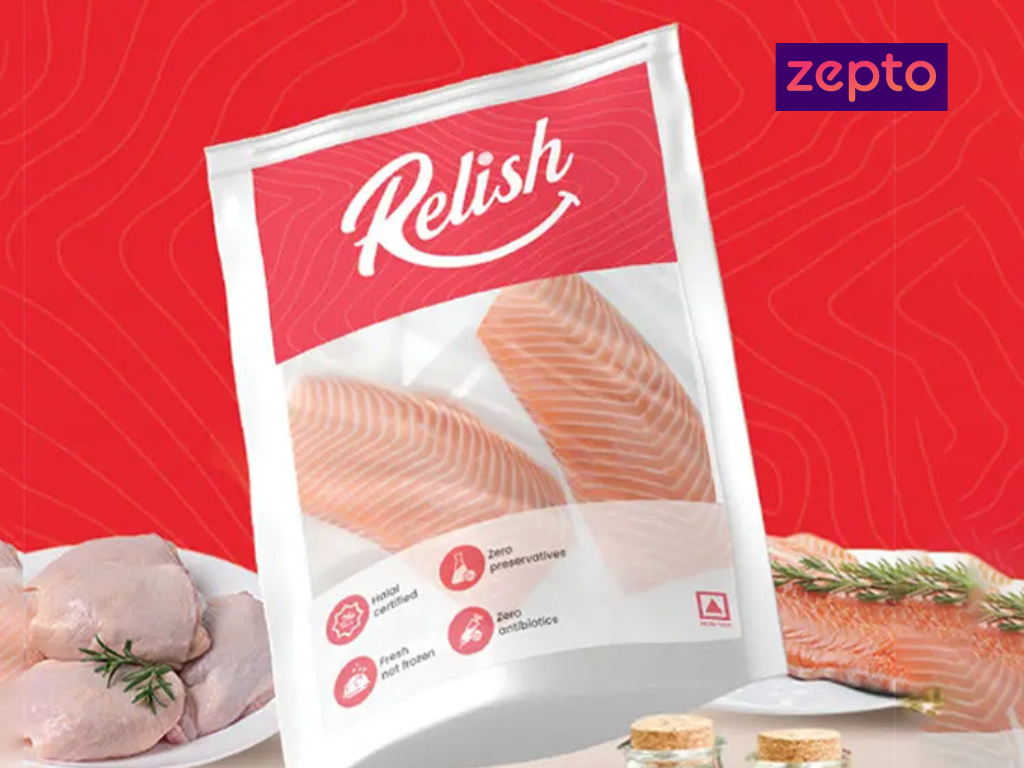

In The CapTable’s recent article, Why Zepto’s private-label meat foray may just be a losing game, Ankur Bisen—Senior Partner & Head – Consumer, Food & Retail at TKC—shares key insights into why fresh meat continues to be a tough category for quick commerce to crack.
This move comes as Q-commerce players seek higher margins and differentiation through private labels.
However, unlike categories like snacks or household essentials, fresh meat demands an entirely different operational playbook.
While speed is the core value proposition of Q-commerce, it clashes with what meat consumers prioritize—trust, hygiene, provenance, and freshness.
As of now, local butchers still dominate the Indian fresh meat market, controlling over 90% of share.
Ankur Bisen’s analysis in the story highlights three crucial challenges:
Relish’s entry shows Zepto’s ambition, but data suggests that meat contributes just 2–3% to overall Q-commerce revenue, down from 5% during the pandemic, according to industry players quoted in the story.
The economics of low-frequency, high-risk SKUs like meat often don’t justify the effort in a speed-first model unless backed by deep supply chain investment.
Ankur Bisen’s contribution to this discussion exemplifies TKC’s role as a trusted advisor to businesses navigating complex retail transitions.
Whether it’s category expansion, private label strategy, or Q-commerce profitability, our insights are built on decades of experience and real-world data.
We work closely with clients to evaluate emerging categories through a multi-lens approach—consumer behaviour, infrastructure, margin potential, and operational scalability.
This feature in The CapTable aligns with TKC’s ongoing work in:
At TKC, we believe the future of retail will be built on precision, adaptability, and consumer-first thinking—not just speed.
Reach out to TKC for tailored, forward-looking consulting across Q-commerce, food retail, e-commerce, broader retail transformation and consumer strategy.





